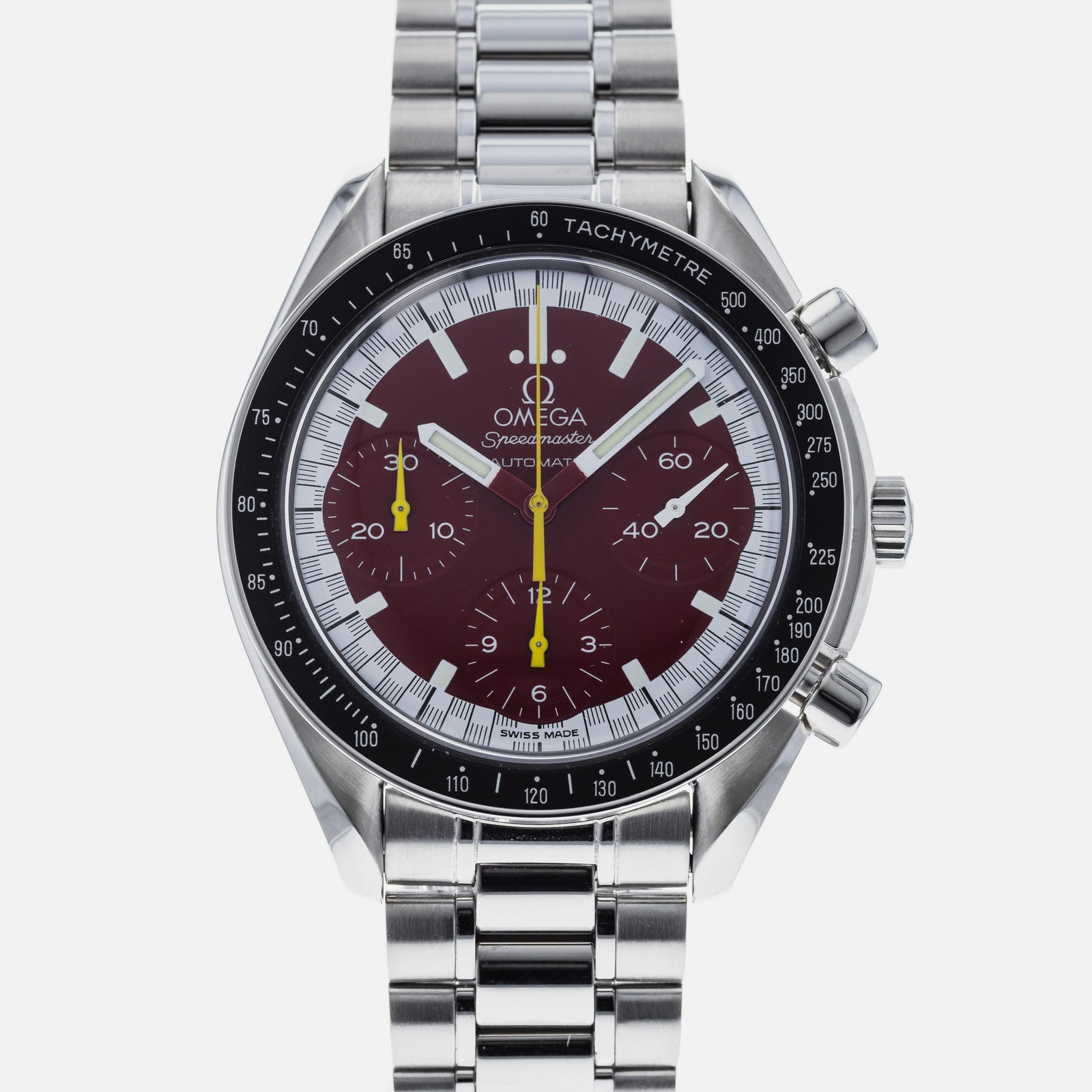

Roughly two years after they’d uploaded their first video, the gang received a call from the production house Roughcut - home of PJDN ’s most salient influence, The Office. Once those high-profile fans started tweeting about the skits, views doubled overnight. The clips grew a cult following, eventually grabbing the attention of multiplatinum pop artists and tastemakers like Lily Allen and British rapper Professor Green. Chaudhry, mirroring the indomitable hustler that defines Chabuddy, uploaded clips to YouTube and maintained a weekly newsletter to promote the undercooked show. After a fateful Thailand vacation where the lads began playing proto-versions of the PJDN characters - think lots of getting high and jovially mocking each other - they came home and started filming videos for kicks. (Mustafa met Chegwin around college.) The crew were aligned by a shared love of spliffs, prank calls, and bass music. While Stamp and Chegwin knew each other from childhood in London, Chegwin and co-creator Asim Chaudhry, who plays Chabuddy G, met in college. You can still enjoy the fact that there’s just some really inflated egos and the dramas of family life.” “The joke isn’t on that culture the joke is on these idiots.”Īdds co-creator Steve Stamp, who plays Steves: “If you don’t know why there’s a penny on top of the needle that’s fine. “It’s really important that we represent that culture properly, because as a fan of that world, going jungle-raving, etcetera, if I saw something that didn’t represent that properly, then I wouldn’t watch it,” says Chegwin. (Mustafa’s nickname, for example, derives from his graffiti tag he was arrested for vandalism at 14.) The actual “how” starts with Mustafa and co-creator Hugo Chegwin, who both were on pirate radio stations growing up and bring a ton of lived experience to these characters both on the page and in their portrayals of Grindah and Beats, respectively. It was a pie-in-the-sky capper to an unlikely rise even the show’s creators couldn’t have predicted - especially given the underground, often ignored segment of British society the Kurupt boys represent.Īs co-creator Allan “Seapa” Mustafa puts it with a laugh: “Yeah, it’s like, ‘How the fuck did this get on the telly?!'” The show became a pandemic-binge favorite among ravers and music nerds (after a streaming run on Netflix, episodes are currently available to rent or buy on Amazon Prime and Apple TV+) and last August reached a cultural crescendo as the Kurupt FM boys dropped their first LP, The Greatest Hits (Part 1), and walked the red carpet at the London premiere of their debut feature film, People Just Do Nothing: Big in Japan. Finally, their fixer and soon-to-be-manager Chabuddy G - a ribald Pakistani immigrant proficient in what he calls “friendly crimes” - produces the winning solution: 3,000 suspiciously acquired boxes of Peanut Dust, a snack consisting only of peanut crumbs.Īfter hitting BBC Three airwaves in the summer of 2014, People Just Do Nothing blossomed in popularity and acclaim over five seasons, winning a handful of Royal Television Society Awards and BAFTAs (including for Best Scripted Comedy in 2017). Steves, who Beats calls a “wiggy, drug-induced mess,” dumpster-dives for debris DJ Decoy, the most understated of the bunch, drives Beats home to steal egg cartons from his girlfriend’s fridge.

The prickly MC then deploys his motley crew to source soundproofing by any means necessary. When a hostile neighbor threatens violence, Grindah - the self-proclaimed “Greatest MC in the Galaxy” and “general” of the group - demurs from confrontation, instead castigating his BFF DJ Beats for turning up the volume. If the title of People Just Do Nothing doesn’t tell you everything you need to know about the cult-hit BBC series, consider the events of the pilot: Out of the gate, we see four boys banging away at their pirate radio station, Kurupt FM, assaulting everyone within a half-mile radius of their block tower with a barrage of British rave tunes.


 0 kommentar(er)
0 kommentar(er)
